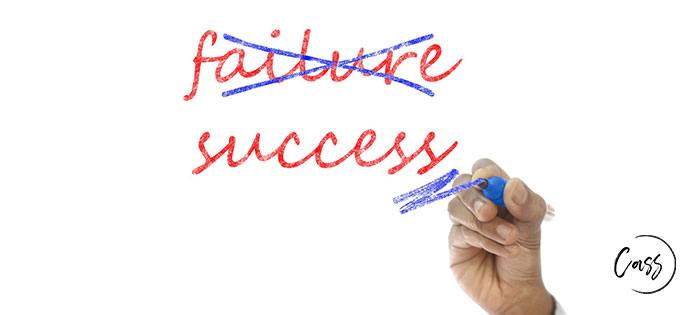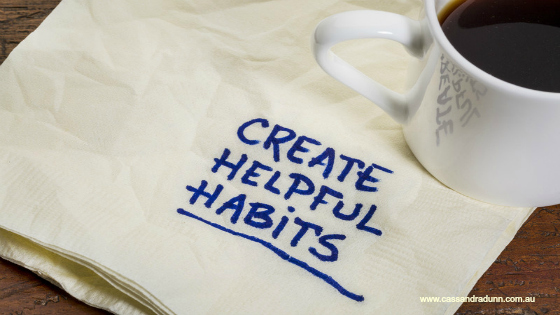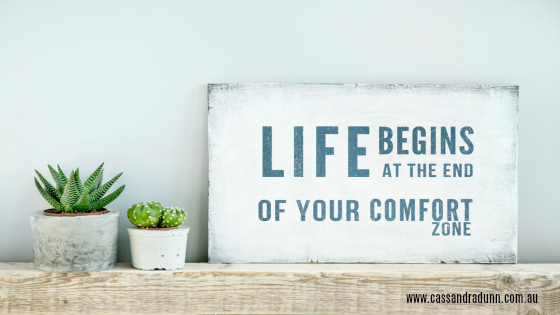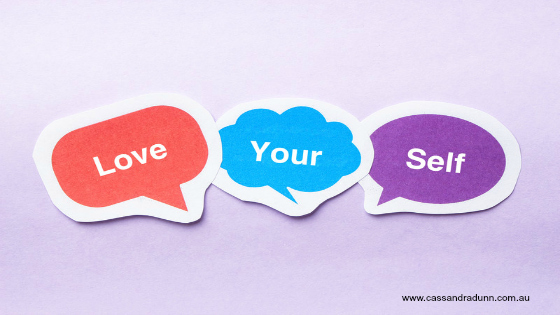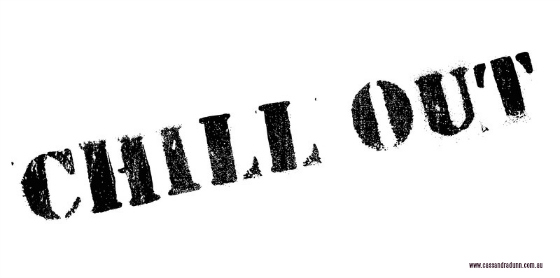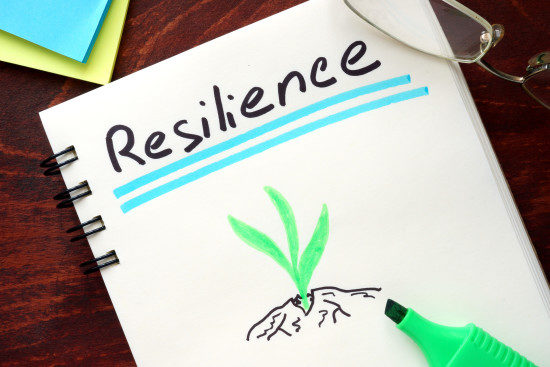FILED UNDER:
Quick Tips
We all know (at least in theory) that success isn’t linear and that no matter what you set your mind to achieving in life, the wise approach is always to…
READ MOREAre you one of those people who believes you don’t have a creative bone in your body? Do you envy those talented souls who can paint or sculpt or write…
READ MORERE-OPENING AGAIN SOON!
BEYOND CONFIDENT
A holistic program designed to help you cultivate genuine, deep and lasting self-confidence, together with lifetime access to a tight-knit supportive community who will cheer you on every step of the way.
This program is for anyone who has been plagued by Imposter Syndrome, who struggles with self-doubt and knows their anxiety, overwhelm and overwork are all symptoms of a core belief that they're unworthy or undeserving of success.
Much more than just a 'mindset' program, the Confidence Solution offers you the most current, cutting edge approaches to healing to deliver a complete transformation.



